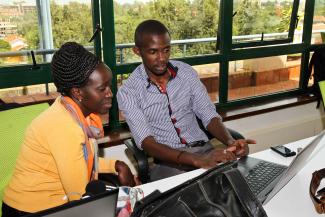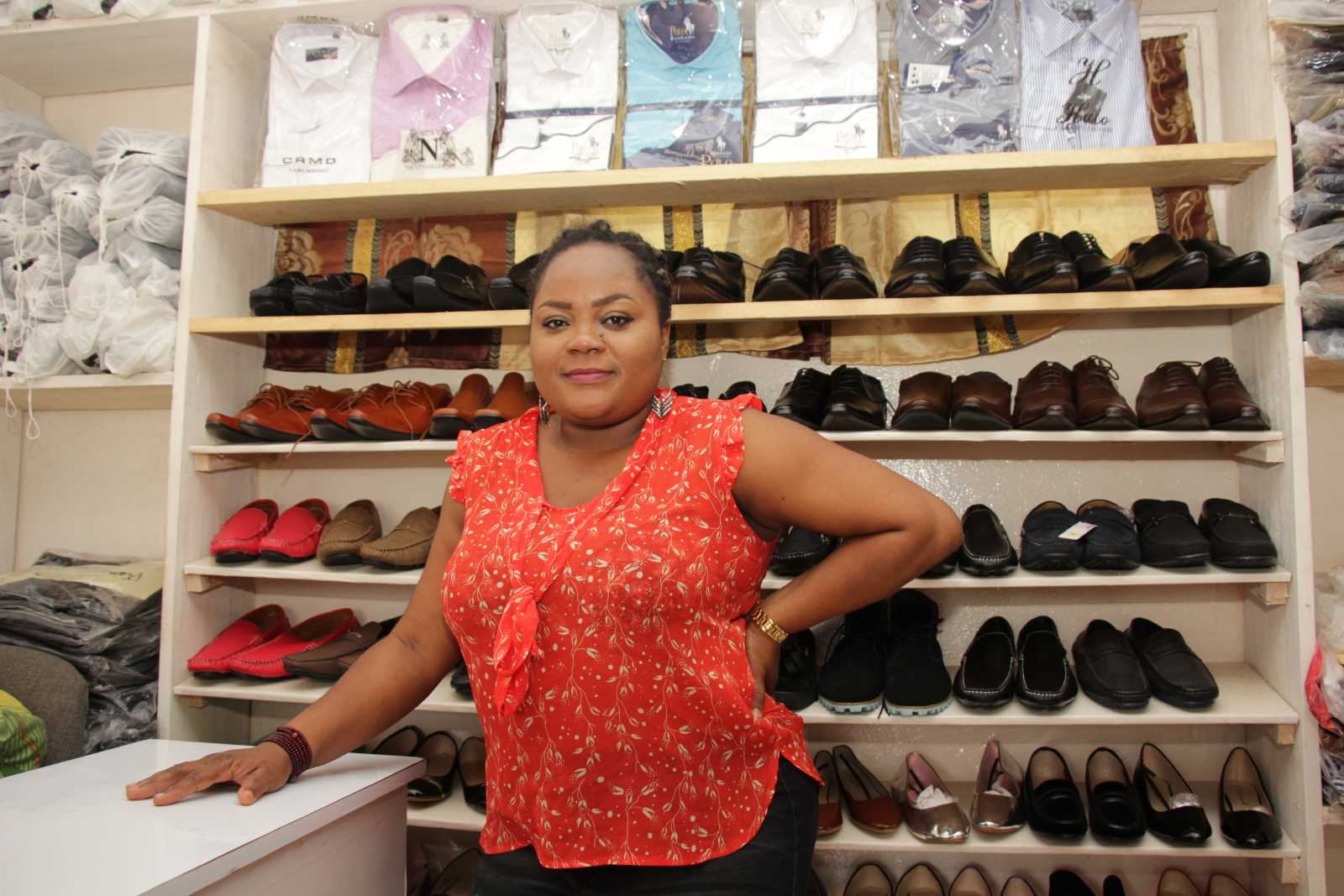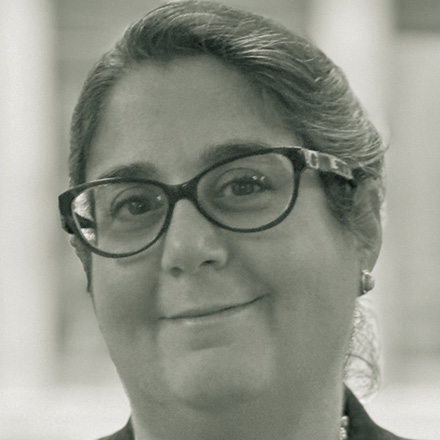Technology
African innovation hubs

Africa is where innovation is not. That is indicated by the Global Innovation Map, which was published by the University of Toronto’s Martin Prosperity Institute. The map shows innovation spreading in the USA, Canada, Australia and Europe – but most African countries simply do not figure at all.
Statistics do not always tell the whole truth however. Eric Hersman, one of the most influential African bloggers and co-founder of the famous crowd-mapping tool Ushahidi, paints a rather different picture of African entrepreneurial spirit. Ushahidi is an internet tool that allows net activists to exchange information and pictures on digital landscapes. It was created five years ago to document and investigate crimes after Kenya’s post-election riots. “Ushahidi” is the Swahili word for “testimony”.
In Hersman’s experience, Africa is a continent full of innovation and entrepreneurship, as he explained at the internet conference re:publica in Berlin in May. M-Pesa, a system that allows money transfers to be done by mobile phones, is probably the most prominent innovation developed in his home country Kenya. It is commonly used in many African countries today (see D+C/E+Z 2013/02 S. 69 ff.).
Three years ago, Hersman founded iHub Nairobi, a hi-tech innovation centre. Today, some 10,000 Kenyan code developers, designers and entrepreneurs work there. The hub is both think tank and business incubator, a place where geeks, IT specialists and innovators exchange ideas and start joint projects.
Following the iHub Nairobi example, several technology hubs have sprung up all over Africa, from Cape Town to Cairo, from Accra to Addis Ababa. There are similar trends in Asia and Latin America, according to Jay Fajardo who works for the Filipino start-up promoter Launchgarage and Daniela Silva from Brazil’s Hackerbus.
Hub participants join forces and start businesses. “The ICT industry is growing fast in Africa,” says Johnpaul Barretto from the Tanzanian hub KINU. Typically, the new companies develop apps. “At one time, a young man joined us who had been unemployed for five years,” reports René Parker from the RLabs innovation centre in Cape Town. “As we always do, we asked him about his fortes. He said that, thanks to his experience as a long-term unemployed, he knew everything about labour market problems.” The young man was Terence Hendricks. He designed the smart phone app UUSI, which serves to spread job advertisements locally. It can also be used to file job applications online. According to UUSI information, 40,000 persons visited the website in its test phase, and 1200 CV have been uploaded so far.
Joining forces
Innovation hubs make sense because, as Hersman says, “it is a comparative advantage to be a community”. He personally had that insight in a village in South Sudan, where people had to collect the grass they needed to construct their huts some 50 kilometres away. No family could have managed that task on its own; everyone had to rely on the community.
It is sometimes hard to convince people – and especially financiers – of the community model. “People often ask me, ‘what do you sell’”, says René Parker. “And I answer ‘hope’. Hope does not have a price tag, but you can feel it.” “It is difficult to measure innovation in statistics,” says Hersman. “Americans, in particular, struggle to grasp that one cannot measure everything, so you simply have to run risks sometimes.” Statistical challenges may be one reason for Africa not figuring on the Canadian innovation map. The map counts registered patents per person.
In support of Europe
In 2011, 19 African innovation hubs formed the network AfriLabs. Thanks to GIZ support, representatives of all 19 hubs took part in the re:publica conference. The hubs share the goals of supporting people to develop their personal strengths and making visions come true. Some offer workshops for university students, coding workshops for women and internet primers for senior citizens.
Even Madagascar, an economically rather weak country, is involved in AfriLabs. “We needed a place for our technology community,” recalls Andriankoto Harinjaka Ratozamanana, the founder of Habaka Hub. Madagascar’s IT community is ambitious, even though the country’s internet penetration rate is less than two percent. “We want to offer Europe online services,” says Harinjaka, and adds that one start-up is already providing European managers with secretarial support.
Harinjaka recently had a new business idea himself. Because of visa problems, the trip to Berlin took him three days longer than expected. He was held up at the French border. One reason was that he did not have a printed version of his hotel reservation. He only had an electronic certificate for having filed the data at the embassy, which was not what the French authorities demanded. “E-government is not operational in Europe yet,” is Harinjaka’s assessment. “When I get home, I’ll design an app to help Europe solve its administrative problems.”
Eva-Maria Verfürth









